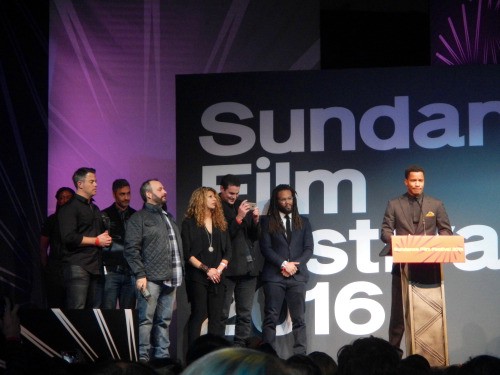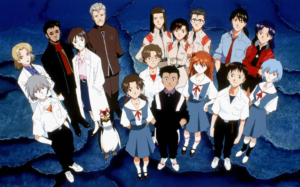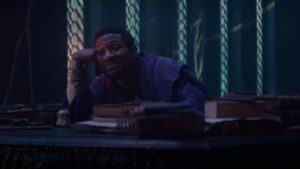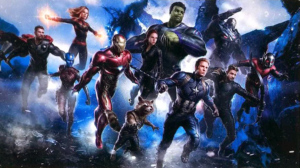Open Letter on “The Birth of a Nation”

“I know the power of Nat Turner and what he can do for our people. What he can do for America. What happens if we start celebrating Nat Turner as a hero in this country?”
— Nate Parker, The Breakfast Club
The Birth of a Nation tells the story of Nat Turner, an American slave who led a rebellion in Southampton County, Virginia in 1831. After learning how to read from an early age, Turner grew to become a preacher. His deep faith fueled his belief that he was chosen by God to free his people. Despite the eventual failure, Turner’s slave rebellion was one of the largest and bloodiest in American history. The film’s imagery and themes evoke many parallels to the Movement for Black Lives and police-involved shootings of unarmed citizens. But I’m not here to talk about that. I’m here to talk about rape.
There has been a lot of recent talk about the 1999 rape trial of writer, director, producer and lead actor Nate Parker when he was a wrestler at Pennsylvania State University (Penn State). He and his roommate — Nation co-writer Jean McGianni Celestin — had been accused by a fellow student of sexual assault while she was intoxicated and unconscious. Parker was acquitted due to previously having consensual oral sex with the victim. Celestin was convicted, but the decision would later be overturned after appeal.
Media outlets seemingly lost their minds over this public information, despite it being on his Wikipedia page as far back as 2009. Since then, Parker has been trapped in a firestorm, unable to discuss the pros and cons of a project he devoted nearly eight years of his life to. After all, what’s eight years compared to the tortured thirteen of the young woman who eventually ended her own life? I’m sure Mr. Parker would rather be treated like Woody Allen than Bill Cosby, almost never having to publicly accept his chickens coming to roost.
Let me be clear: I do not condone sexual assault. And Parker’s case — especially his acquittal — continues a disturbing trend so pervasive it has crept into the presidential election. To take advantage of someone and pervert one of the purest forms of interpersonal expression is deplorable. But this doesn’t mean we should refuse to discuss the film, especially since the theme of rape ironically comes to light as a plot device.
Nation reminds viewers that rape has been a powerful weapon throughout history. While it is rightly criticized for its historical inaccuracies for the sake of “art”, one theme consistent with history was the use of rape to dehumanize the bodies of black women and men. As I watched Gabrielle Union — a rape survivor — being offered to her master’s house guest for sex, my heart stopped. As Aja Naomi King is beaten and gang raped off screen, chills went down my spine when I saw her character afterwards. When Parker himself was threatened with rape, I reflected on the oft-ignored male victims of rape. And yet, as I continued to watch, I couldn’t shake the idea that we deserve better.
I didn’t hate the film. As someone admittedly not well-versed in the technical aspects of the craft, I found it had compelling visuals, engaging action and heartfelt performances. And, from a plot perspective, the suffering of every slave understandably fueled the fires of revolution within Turner as images of him in African tribal paint seemed to awaken his inner spirit. However, Parker’s twisted hero worship of Turner utilizes rape and violence against women as a plot device to further a superhero origin story, demeaning the historical importance of black women in the process. The fact that Union had a grand total of zero lines in the film perpetuates the silence and complacency of black women as victims and confirms the complexities of intersectionality. Her entire role was to be a background character who is raped and sheds tears to advance the plot of the male hero. King’s treatment serves the same purpose. In the wake of recent events from #OscarsSoWhite to campus rape to #BlackLivesMatter, we, the people, deserve better. Black people deserve better. Black women deserve better. Better writing, better characterization, better attention to detail. Black women should be treated as neither props nor mere damsels in distress.
To Mr. Parker, I say this: just as Turner was proven wrong both in history and your film, you are not the Messiah, nor some grand messenger. No matter how much you say the film is about more than just you, the fruits of your labor tell a different story.



